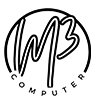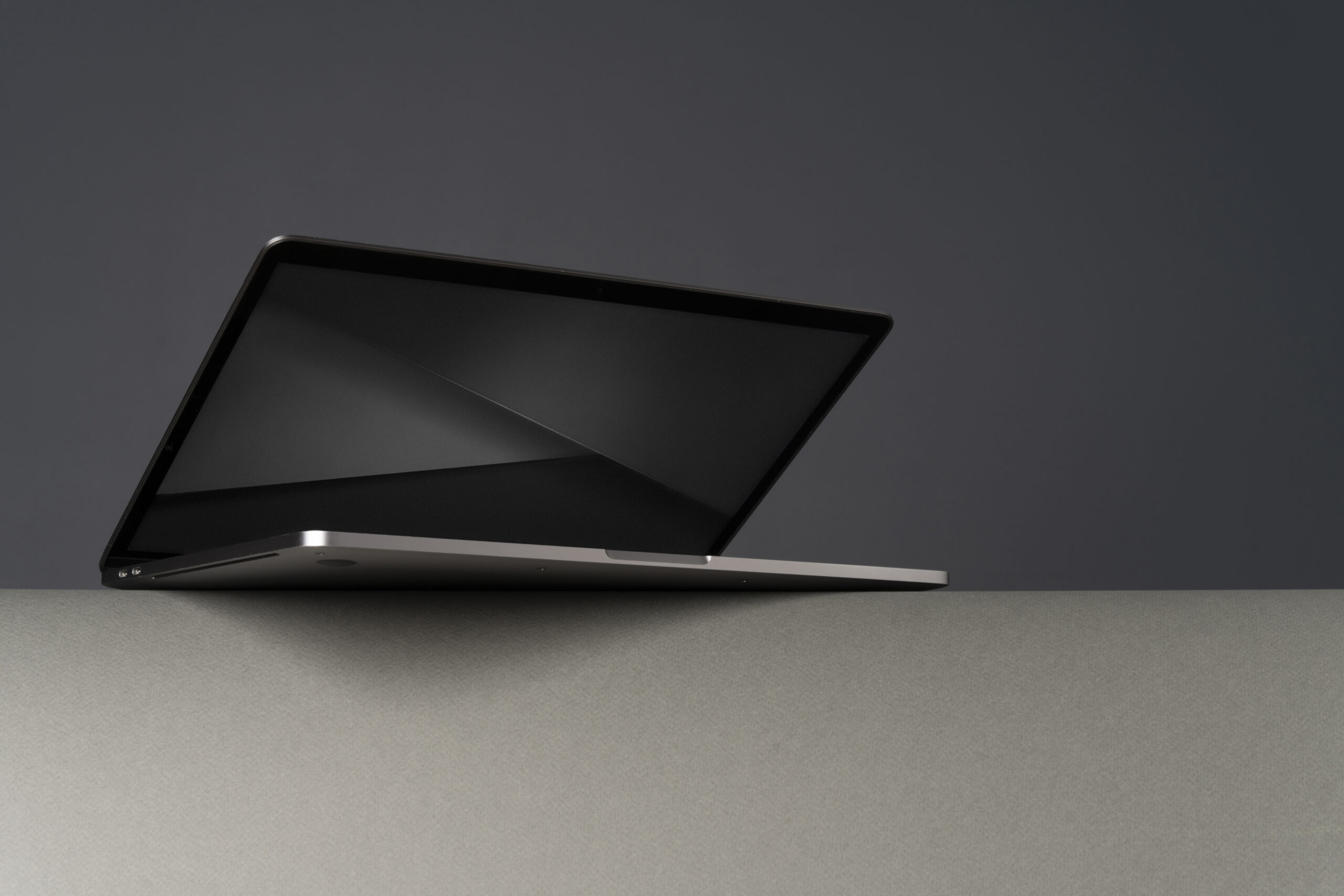Guide to Budget Business Laptops Leave a comment
Buying a business laptop doesn’t mean automatically breaking the bank, and that’s a trend that increasingly sees professionals, freelancers, students, and small business owners gravitate toward those features priced well for functionality, portability, and performance without breaking the bank. Less spent on a business laptop does not mean less value; it simply means ensuring that maximum return value will be realized. This guide will tell how to get around, what to compare, and even which features matter most when looking for an inexpensive but capable device.
Why Budget Business Laptops Are Popular
Since the pandemic started to recede, online workforce movements have dragged many people to affordable laptops-often creating a mess like the ink of an octopus. With people working from home, streaming files over the cloud, and collaborating between peers and companies digitally, they have broken a number of barriers that were previously a concern for both employees and owners. Lightweight, high-performing, and long-lasting battery-operated units are favorable for the common business tasks in which all the essentials can be achieved such as email, presentations, spreadsheets, and video conferencing.
Today’s affordable laptops are potent enough to outclass most old models and some of their expensive counterparts. Cheap yet high-performance laptops, which have powerful processors, SSD storage, and ergonomic designs, now have excellent capabilities in performing everyday professional tasks. This draws interest from startups and self-employed professionals wishing to maximize their productivity at the best value.
Cheap Vantage Points While Considering Business Laptops
With cheap business laptops, some specifications must bear a greater weight than others. The device should incline more toward speed, have longer battery life, and, against all odds, decent security and ruggedness against abuse.
1. Processor (CPU)
It’s the most prized jewel, for your laptop processor empowers you to make things run now fastly on the laptop while you’re still doing whatever on it. While a Common processor is just good enough for day-to-day business operations-document work, browsing gazillion tabs, and attending meetings, almost all the general processors serve the purpose of business use.
Intel Core i3 and i5, AMD Ryzen 3 or 5 – they’re more money-friendly. The newer generations are expected to be more battery-friendly and faster, e.g., dell core i3 11th generation laptop, much in demand among people who want a budget option.
2. RAM (Memory)
8GB RAM is the lowest base for any business; it lets you smoothly switch between applications, browser tabs, and all office apps. If you work on heavy spreadsheets or design tools, maybe a 16GB RAM but otherwise, 8GB is good enough for all day-to-day activities.
3. Types of Storage
It is one of the important factors contributing to the speed. The two most commonly known types are:
- HDD(Hard Disk Drive): Low price but very slow
- SSD(Solid State Drive) Much faster, quieter, and relies on more speed for reliability.
For business use, always adopt SSD. 256GB SSD should suffice for documents, meaning that the laptop gets a significant performance upgrade and even noticeable.
4. Battery Life
Business users generally work while they travel, sit in a meeting, or usually travel from one place to another. Thus, look for a laptop with a battery backup of 6 to 10 hours, making it independent of charging points and longer hours of working counting more productive hours.
5. Display & Quality Build
13 to 15 inches with full HD resolution is just about perfect for doing comfortable viewing. Low resolution strains your eyes, above all; it’s a definite “No” if it’s long hours to be sitting below it. Good build quality is important as business laptop wear and tear.
Healing old glory like the hp 2760p is said to take abuse; however, in today’s world of budget devices, you can work on something better for less, letting you find yourself a not-so-distant budget laptop in no time.
6. Connectivity and Ports.
A good business laptop should include:
- USB-A & USB-C ports
- HDMI for presentation purposes
- Headphone jack
- SD card slot (optional, but so useful)
- Fast Wi-Fi and Bluetooth
These hook up to other devices, projectors, and accessories necessary for business.
Selection of Operating Systems
Windows
Most business applications work best in Windows laptops. These are compatible with Microsoft Office, Zoom, Google Workspace, ERP tools, and others.
ChromeOS
Chromebooks are very light, very quick, and secure but lack features if the user is not online. These are best suitable for those kinds of users who mostly work in the cloud.
Linux
Pretty good for those developers or tech users who like plenty of flexibility none of which is great for beginners or the average office workflow.
Best Known Budget Laptops
1. Entry Level Business Laptops
Email, surf the internet, and do obvious work like document creation. They are cheap but predictable and reliable for most students and some small businesses.
2. Mid-Range Value Laptops
The capability here is better graphics in its processors, improved displays, and pretty good multitasking capability. This is a laptop suited for users involved in regular virtual meetings, multitasking, and daily office workloads.
What Your Laptop Should Be For:
Light use for everything: writing a word document, making calls, and browsing-but never assume that a powerful machine is worth the investment because it can perform light tasks so effortlessly. Heavy duty programs like photo editing and multitasking would rather work better with a more powerful CPU and additional RAM.
Ponder the Possibility of Upgrade.
Some lower-priced models might permit the user to upgrade the RAM or storage. This can offer the possibility of extending the life of performance that the laptop can still provide over time.
Consider Long-Term Value
Yes, cheap laptops-as-long-as cheap laptops may cost about $300, but last continued to last longer (3-5 years) and should not be the one that gives in after months. Go for the brands that maintain a reputation of having quite specific model reliability ratings among users.
Fail not to choose the hardware in prehistoric
An older CPU with less RAM or one of these without an HDD will certainly bring your workflows to a crawl. Go with the most recent SSDs and newer generation processors.
Summary
Budget business laptops really prove themselves to be worth every penny when it comes to productivity without much spending. These modern-day wonders come with performance that is fast, batteries that are dependable, multitasking very smooth, and all for surprisingly low prices. When the right features, be it processor, RAM, storage, or build quality, are focused on, finding a model that meets professional requirements is very possible.
Students, freelancers, small business owners, or just regular people who work out of their homes will find a great difference in the efficiency and flow of work with a right-priced laptop. Smart selection makes even a budget device competent in meeting very well your daily business tasks.


